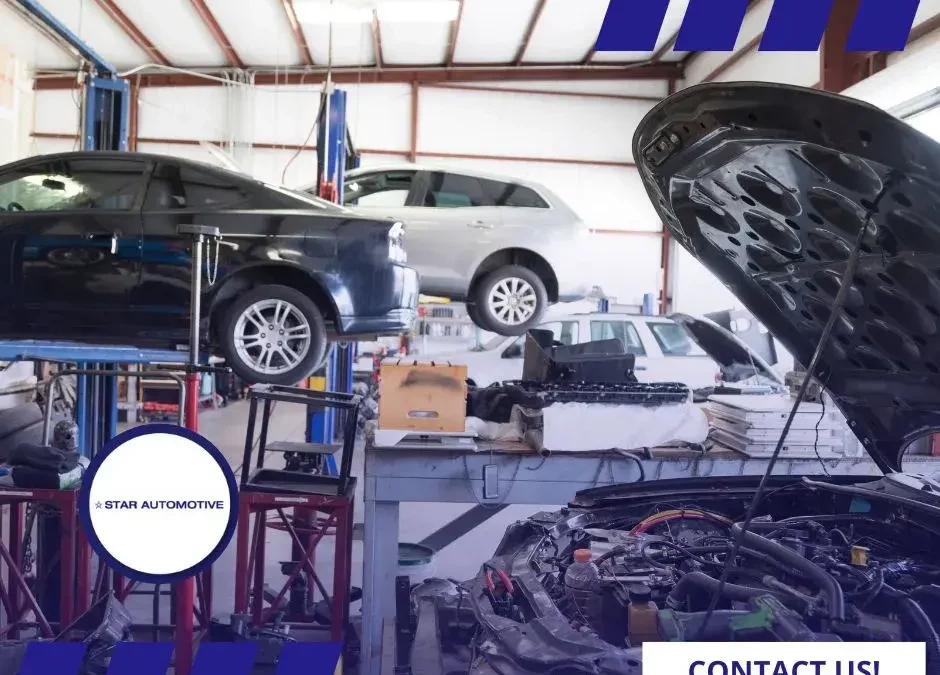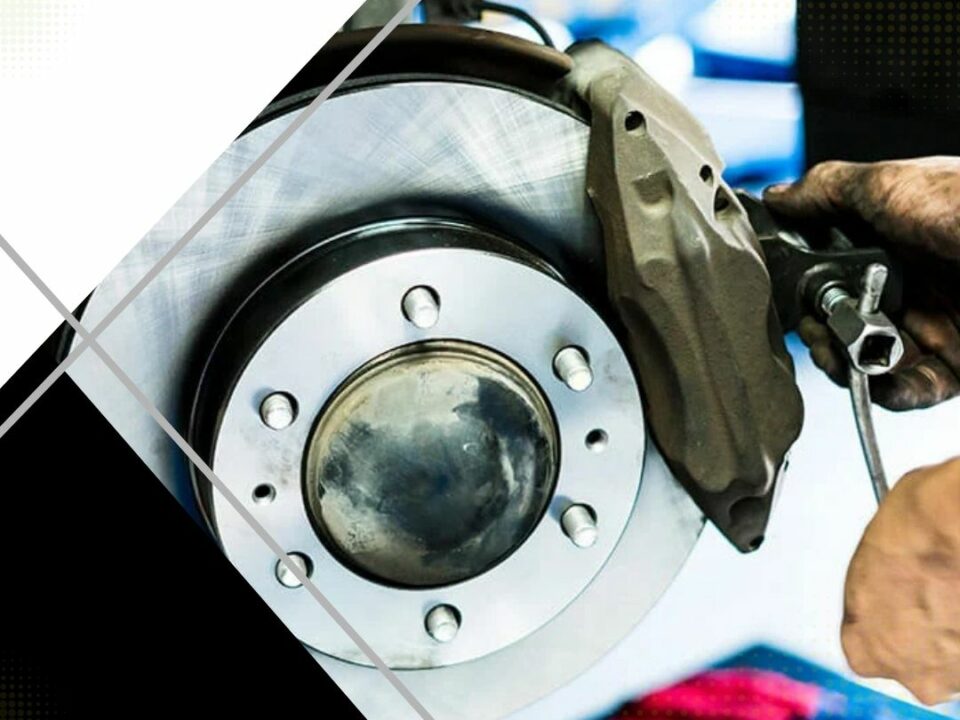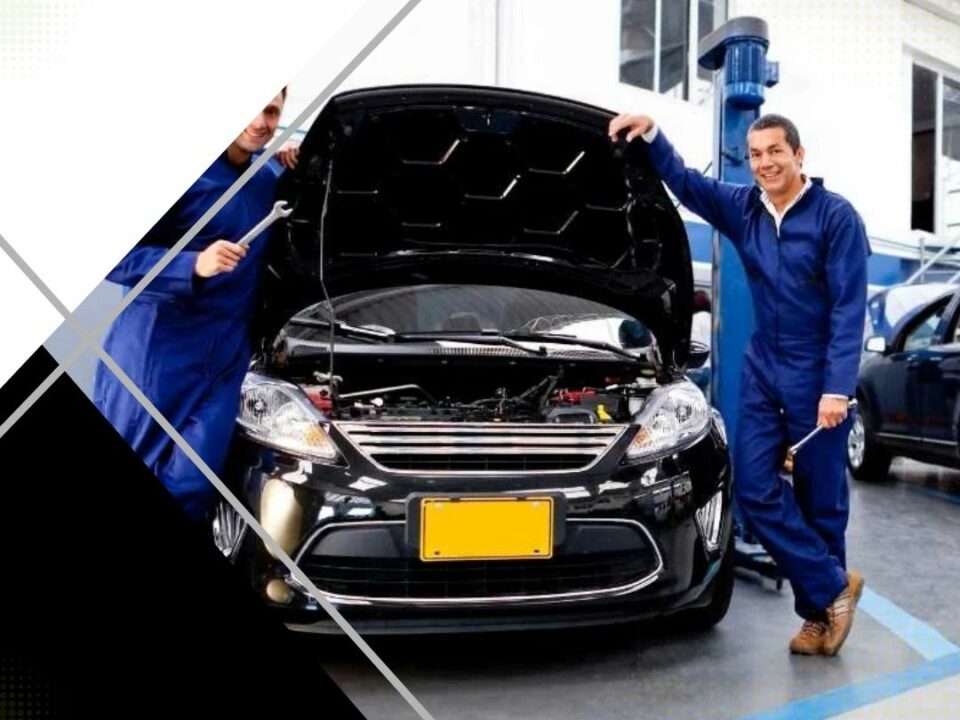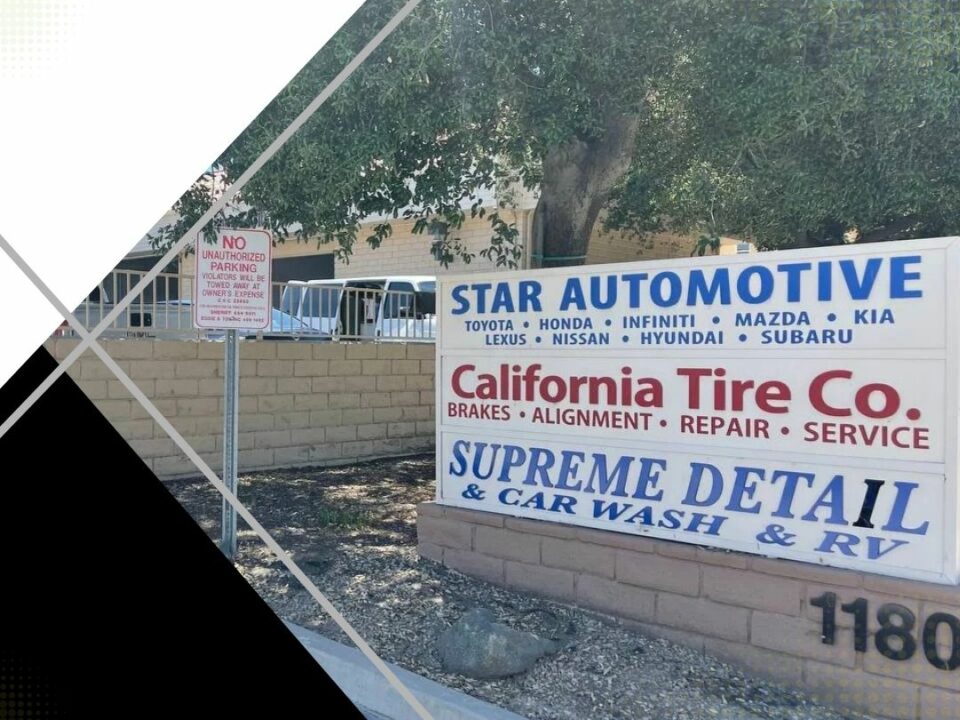
Top 10 Preventive Maintenance Procedures for Your Vehicle
November 13, 2024
Essential Auto Service Tips Every Driver Should Know
December 9, 2024In a world where vehicle reliability and performance are essential, the importance of preventive maintenance cannot be overstated. By systematically scheduling routine inspections and servicing, car owners can proactively address wear and tear, thereby avoiding significant damage and expensive repair bills. This disciplined approach not only prolongs a vehicle’s lifespan but also ensures consistent performance—an invaluable benefit in today’s fast-paced environment. Moreover, adopting a preventive maintenance mindset reflects a commitment to safety, efficiency, and responsible resource use. But how can vehicle owners tailor these practices for maximum effectiveness? Let’s explore the key aspects of implementing preventive maintenance for cars.
Benefits of Preventive Maintenance for Vehicles
Preventive maintenance offers numerous advantages that go beyond simply keeping your vehicle running smoothly. It serves as the foundation for optimal vehicle performance and reliability, a necessity for every car owner. By adhering to a routine schedule of inspections and servicing, preventive maintenance reduces the likelihood of unexpected breakdowns and costly repairs.
One of the most significant benefits is the extended lifespan of your vehicle. Preventive care ensures that essential components such as the engine, brakes, and tires are functioning at their best. This not only minimizes downtime caused by mechanical issues but also preserves the value of your car over time.
Additionally, preventive maintenance fosters a proactive mindset among car owners, creating a habit of responsibility and awareness. By regularly checking fluid levels, replacing filters, and monitoring tire pressure, you can actively contribute to your vehicle’s health. These small but critical actions not only enhance safety but also improve fuel efficiency, saving money in the long run.
From a financial perspective, preventive maintenance is a smart investment. Addressing minor issues early prevents them from escalating into major repairs that could cost thousands of dollars. For example, replacing worn brake pads is far less expensive than repairing damaged rotors or calipers caused by neglect.
Safety is another key advantage. Routine inspections can identify potential hazards, such as worn tires or malfunctioning lights, reducing the risk of accidents. Preventive maintenance is not just about preserving your vehicle—it’s about protecting yourself, your passengers, and others on the road.
Implementing Effective Vehicle Maintenance Strategies
To implement effective preventive maintenance for your vehicle, start with a thorough assessment of its current condition. Review the manufacturer’s maintenance schedule and cross-check it with your car’s history to identify overdue or neglected services. Pay attention to common trouble areas like the engine, transmission, and suspension.
Once you have a clear picture, develop a customized maintenance plan tailored to your driving habits and environment. For example, vehicles driven in extreme weather conditions may require more frequent oil changes and tire rotations. Your plan should include regular tasks like checking fluid levels, inspecting belts and hoses, and ensuring proper tire alignment and balance.
Leveraging technology can enhance your maintenance efforts. Modern vehicles are equipped with onboard diagnostic systems that alert you to potential problems. Additionally, mobile apps and service reminders can help you stay on top of your vehicle’s needs.
Training yourself to recognize early warning signs is equally important. Unusual noises, decreased fuel efficiency, or warning lights on the dashboard should never be ignored. Familiarizing yourself with basic vehicle maintenance, such as checking oil levels and changing air filters, can save time and money.
Although preventive maintenance may seem like an added expense, it is a critical investment in the longevity and reliability of your vehicle. By identifying and addressing issues early, you can avoid costly repairs, ensure safety, and enjoy a smoother driving experience.
Preventive maintenance is not just a technical necessity—it’s a strategic approach to car ownership that safeguards your investment, optimizes performance, and enhances safety on the road.




